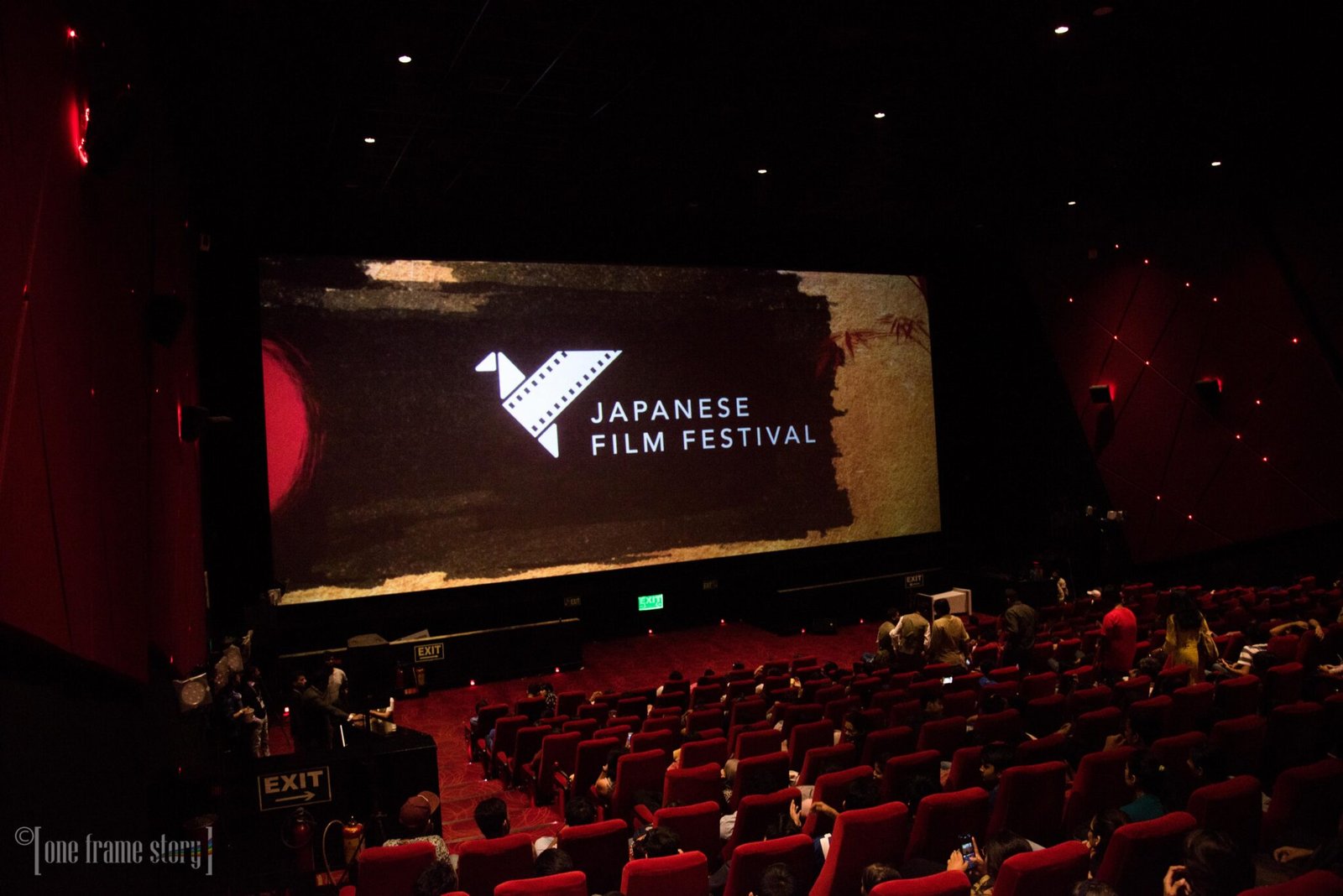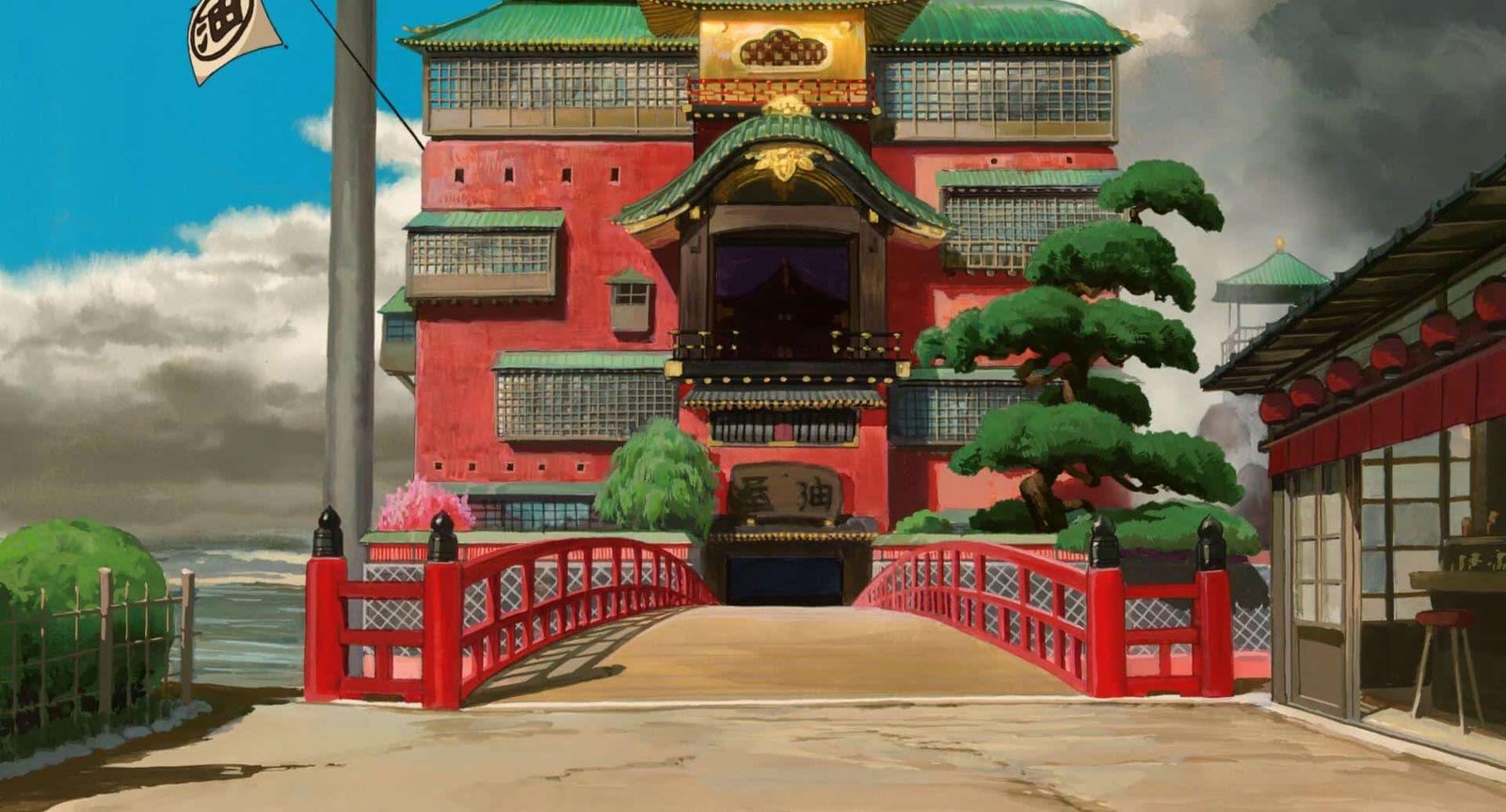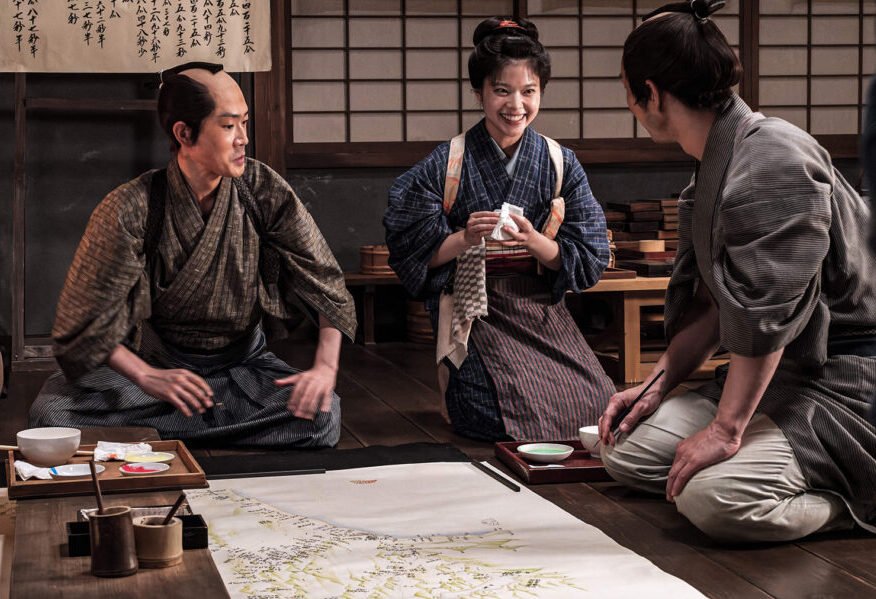Japanese film festivals play a significant role in preserving and celebrating the nation’s classic cinema. As guardians of Japan’s rich cinematic heritage, these festivals offer audiences an opportunity to revisit timeless films that have shaped global cinema. Through curated screenings, retrospectives, and restorations, Japanese film festivals ensure that classic cinema remains accessible to new generations. Here’s how these festivals contribute to preserving Japan’s film legacy.
Showcasing Iconic Films from the Past
One of the primary roles of Japanese film festivals in preserving classic cinema is through curated screenings of iconic films from the past. Festivals such as the Tokyo International Film Festival (TIFF) frequently include sections dedicated to classic films, often featuring works by legendary directors like Akira Kurosawa, Yasujirō Ozu, and Kenji Mizoguchi.
These screenings allow audiences to experience classic Japanese films on the big screen, as they were originally intended. Watching these films in a festival setting enhances the viewing experience, with many screenings accompanied by expert discussions and panels. For cinephiles and newcomers alike, festivals provide a rare opportunity to appreciate the artistry and storytelling techniques of Japan’s cinematic pioneers.
Retrospectives Celebrating Master Filmmakers
Japanese film festivals often host retrospectives that celebrate the works of master filmmakers, offering a comprehensive look at their contributions to cinema. These retrospectives serve as a tribute to filmmakers who have left a lasting impact on the world of film, ensuring their legacy endures.
At the Kyoto International Film and Art Festival, retrospectives focus on both well-known and lesser-known filmmakers, showcasing their entire body of work. This approach not only preserves the films themselves but also contextualizes their importance within the broader history of Japanese cinema. By presenting these films in a cohesive narrative, festivals highlight the evolution of these directors’ careers and their lasting influence on both Japanese and global cinema.
Restoring and Digitally Preserving Classic Films
Film preservation is a critical aspect of maintaining Japan’s cinematic heritage, and many Japanese film festivals are involved in the restoration and digital preservation of classic films. Over time, many classic films risk deterioration due to age and the fragility of film stock. Japanese film festivals collaborate with restoration experts and archives to restore these films, ensuring that they are preserved for future audiences.
For instance, TIFF has partnered with the National Film Archive of Japan to restore and screen classic films, many of which had been inaccessible for years due to their poor condition. These restoration projects bring new life to films that were previously considered lost or damaged, allowing audiences to experience them in their full glory. By investing in digital preservation, Japanese film festivals play a crucial role in ensuring that these films remain available in the digital age.
Bridging Generations Through Classic Cinema
Another important role that Japanese film festivals play in preserving classic cinema is bridging the gap between generations of filmmakers and audiences. By screening classic films alongside contemporary works, festivals create a dialogue between past and present, allowing newer generations to discover the foundational films that have shaped Japanese cinema.
Young filmmakers, in particular, benefit from these screenings, as they gain inspiration and insight from the masters of Japanese cinema. At festivals like the Yamagata International Documentary Film Festival, classic documentaries are screened to illustrate the evolution of documentary filmmaking in Japan. For both filmmakers and filmgoers, these screenings provide an invaluable education in cinematic history, preserving the techniques and narratives that continue to influence modern filmmaking.
Promoting Cultural Heritage Through Cinema
Japanese film festivals also serve as platforms for promoting Japan’s cultural heritage through cinema. Classic films often reflect the social, political, and cultural landscapes of their time, offering a window into Japan’s history. By screening these films, festivals help preserve the cultural narratives embedded within them.
For example, period dramas and samurai films not only entertain but also reflect Japan’s historical values, traditions, and way of life. Through carefully selected screenings, festivals allow contemporary audiences to engage with the past, fostering a deeper understanding of the cultural significance of these classic films. Festivals like the Kyoto Historica International Film Festival focus specifically on historical films, emphasizing the role of cinema in preserving Japan’s cultural identity.

Fostering Global Appreciation for Japanese Classics
Japanese film festivals not only preserve classic cinema domestically but also promote it on an international scale. Many Japanese classics have influenced global filmmakers and continue to resonate with international audiences. By showcasing these films at festivals, Japan reinforces its role as a cinematic powerhouse with a lasting global influence.
Festivals like TIFF attract international audiences, providing a platform for classic Japanese films to be rediscovered by global cinephiles. These screenings foster cultural exchange and deepen the appreciation of Japanese cinema across borders. In doing so, festivals ensure that Japan’s cinematic heritage continues to inspire filmmakers and movie lovers worldwide.
Conclusion
Japanese film festivals play an integral role in preserving classic cinema, ensuring that the country’s rich cinematic history is passed down to future generations. Through curated screenings, retrospectives, restoration projects, and international promotion, these festivals help maintain the legacy of Japan’s most influential films and filmmakers. For cinephiles and casual viewers alike, attending a Japanese film festival is not just an opportunity to enjoy great cinema, but also to witness the enduring impact of Japan’s film heritage on global cinema.











